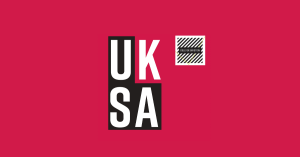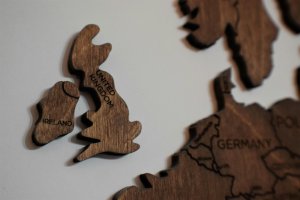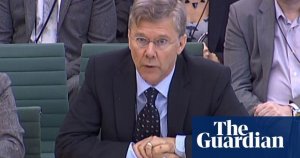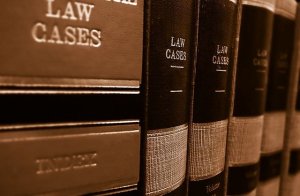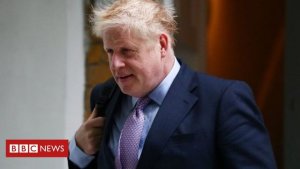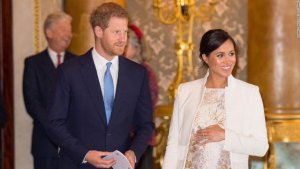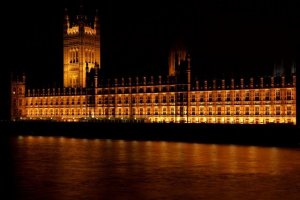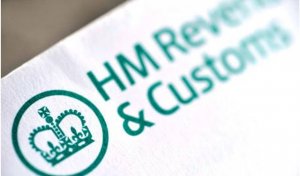- Private Wealth

Shorter Reads
Thoughts on new measures to tackle “dirty money” in the UK
It was reported yesterday (28th February 2022) that the UK Government is to fast-track new laws designed to tackle Russian “dirty money” in the UK.
2 minute read
Published 1 March 2022
Key information
- Specialisms
- Private Wealth
- Services
- Private Wealth
Politicians, tax campaigners and journalists have said for years that the UK is the destination of choice for Russian – and other – kleptocrats to launder and live well off their illegally obtained wealth. As Dame Margaret Hodge MP, chair of the All-Party Parliamentary Group on Anti-Corruption, said to openDemocracy.net: “Russians don’t come here for the weather, but instead for our lax regulation, pathetic law enforcement and a property market that is ripe for abuse. Something has got to change”.
Emergency legislation measures:
It is against this background that the Government has decided to introduce new emergency legislation in the forthcoming Economic Crime (Transparency and Enforcement) Bill with the support of opposition parties in Parliament. The draft legislation has yet to be released (it is expected this week), but it is understood that it will include:
- A new register of beneficial ownership of non-UK entities owning UK property – going back 20 years for England and Wales, and from 2014 in Scotland – backed by fines, restrictions on sale, and even criminal sanctions for non-compliance;
- The broadening of existing “Unexplained Wealth Orders” (which reverse the normal burden of proof, requiring a suspect to prove that funds were obtained legitimately), with the intention that they are used with greater frequency and success. Trusts will now be included in their ambit. Additionally, the Government will remove the prospect of an adverse costs awards if the Court does not uphold the Order;
Given its cross-party support, the Bill is expected to become law in short order, with few if any amendments.
Further changes:
In parallel, Boris Johnson, the UK Prime Minister, announced in Parliament last week that the Government is setting up a “Kleptocracy Cell” (one assumes in the meaning of a small group of specialist officers, as opposed to a literal dungeon) in the National Crime Agency, to “target sanctions evasion and corrupt Russian assets hidden in the UK”.
It is not yet clear whether the Treasury will provide additional funds to support these new measures.
Previously, demands for greater tax transparency were mostly viewed with scepticism by those who specialise in advising wealthy taxpayers, for whom privacy is not seen as a tool to conceal financial crimes, but as a basic – and necessary – precaution against undue interest into wholly personal and private affairs and the very real threats that can follow. But widespread popular support for efforts to undermine Russia’s war against Ukraine may shift opinion in favour of the Government’s proposed approach. If, as we are told, President Putin and those oligarchs and kleptocrats close to him secrete and launder vast and illicit sums in London and other financial centres whilst waging war on the UK’s allies, then well-judged and properly-targeted measures to freeze or seize that wealth would seem timely.
Nevertheless, Covid-19 restrictions over the past two years have highlighted that rights and freedoms long taken for granted can be swept aside if the Government deems it necessary or expedient. The UK proudly claims to stand for democracy, human rights, and the rule of law, in sharp contradistinction to what is portrayed as Russia’s autocratic and repressive regime. That being the case, it is important that the new measures do not become an unreasonable infringement on rights and freedoms guaranteed by English law or the European Convention on Human Rights (especially the Article 8 right to privacy and family life) – either by design or ‘mission creep’. The fight against corruption and worldwide economic crime should receive widespread public support, but that requires that it not be used as a ‘stalking horse’ for those with wider political ambitions. Just as few Russians in the UK are likely to be engaged in supporting the Kremlin or Mr Putin personally with laundered funds, so too are few ownership structures used for concealing the proceeds of crime. For some tax justice campaigners, the ends will always justify the means, however invasive. But those with cooler heads will want the reasonableness of the measures to be robustly scrutinised and tested, balancing their intrusiveness with the legitimate policy objectives. The baby should not be thrown out with the bathwater, and vigilance as to the continued appropriateness of the new measures will be called for.
Related content
Shorter Reads
Thoughts on new measures to tackle “dirty money” in the UK
It was reported yesterday (28th February 2022) that the UK Government is to fast-track new laws designed to tackle Russian “dirty money” in the UK.
Published 1 March 2022
Politicians, tax campaigners and journalists have said for years that the UK is the destination of choice for Russian – and other – kleptocrats to launder and live well off their illegally obtained wealth. As Dame Margaret Hodge MP, chair of the All-Party Parliamentary Group on Anti-Corruption, said to openDemocracy.net: “Russians don’t come here for the weather, but instead for our lax regulation, pathetic law enforcement and a property market that is ripe for abuse. Something has got to change”.
Emergency legislation measures:
It is against this background that the Government has decided to introduce new emergency legislation in the forthcoming Economic Crime (Transparency and Enforcement) Bill with the support of opposition parties in Parliament. The draft legislation has yet to be released (it is expected this week), but it is understood that it will include:
- A new register of beneficial ownership of non-UK entities owning UK property – going back 20 years for England and Wales, and from 2014 in Scotland – backed by fines, restrictions on sale, and even criminal sanctions for non-compliance;
- The broadening of existing “Unexplained Wealth Orders” (which reverse the normal burden of proof, requiring a suspect to prove that funds were obtained legitimately), with the intention that they are used with greater frequency and success. Trusts will now be included in their ambit. Additionally, the Government will remove the prospect of an adverse costs awards if the Court does not uphold the Order;
Given its cross-party support, the Bill is expected to become law in short order, with few if any amendments.
Further changes:
In parallel, Boris Johnson, the UK Prime Minister, announced in Parliament last week that the Government is setting up a “Kleptocracy Cell” (one assumes in the meaning of a small group of specialist officers, as opposed to a literal dungeon) in the National Crime Agency, to “target sanctions evasion and corrupt Russian assets hidden in the UK”.
It is not yet clear whether the Treasury will provide additional funds to support these new measures.
Previously, demands for greater tax transparency were mostly viewed with scepticism by those who specialise in advising wealthy taxpayers, for whom privacy is not seen as a tool to conceal financial crimes, but as a basic – and necessary – precaution against undue interest into wholly personal and private affairs and the very real threats that can follow. But widespread popular support for efforts to undermine Russia’s war against Ukraine may shift opinion in favour of the Government’s proposed approach. If, as we are told, President Putin and those oligarchs and kleptocrats close to him secrete and launder vast and illicit sums in London and other financial centres whilst waging war on the UK’s allies, then well-judged and properly-targeted measures to freeze or seize that wealth would seem timely.
Nevertheless, Covid-19 restrictions over the past two years have highlighted that rights and freedoms long taken for granted can be swept aside if the Government deems it necessary or expedient. The UK proudly claims to stand for democracy, human rights, and the rule of law, in sharp contradistinction to what is portrayed as Russia’s autocratic and repressive regime. That being the case, it is important that the new measures do not become an unreasonable infringement on rights and freedoms guaranteed by English law or the European Convention on Human Rights (especially the Article 8 right to privacy and family life) – either by design or ‘mission creep’. The fight against corruption and worldwide economic crime should receive widespread public support, but that requires that it not be used as a ‘stalking horse’ for those with wider political ambitions. Just as few Russians in the UK are likely to be engaged in supporting the Kremlin or Mr Putin personally with laundered funds, so too are few ownership structures used for concealing the proceeds of crime. For some tax justice campaigners, the ends will always justify the means, however invasive. But those with cooler heads will want the reasonableness of the measures to be robustly scrutinised and tested, balancing their intrusiveness with the legitimate policy objectives. The baby should not be thrown out with the bathwater, and vigilance as to the continued appropriateness of the new measures will be called for.
Need some more information? Make an enquiry below.
Subscribe
Please add your details and your areas of interest below
Article contributor
James
AustenPartner
Specialising in UK trusts, tax & estate planning, Private wealth, Tax disputes & investigations and Trusts & Inheritance disputes
Enjoy reading our articles? why not subscribe to notifications so you’ll never miss one?
Subscribe to our articlesMessage us on WhatsApp (calling not available)
Please note that Collyer Bristow provides this service during office hours for general information and enquiries only and that no legal or other professional advice will be provided over the WhatsApp platform. Please also note that if you choose to use this platform your personal data is likely to be processed outside the UK and EEA, including in the US. Appropriate legal or other professional opinion should be taken before taking or omitting to take any action in respect of any specific problem. Collyer Bristow LLP accepts no liability for any loss or damage which may arise from reliance on information provided. All information will be deleted immediately upon completion of a conversation.
Close


